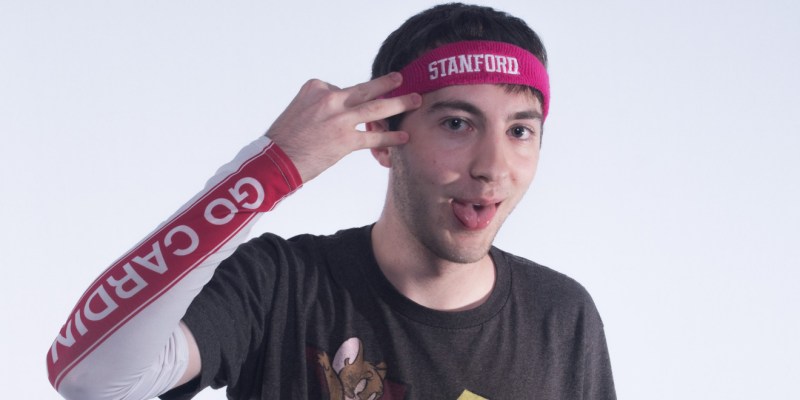This column reflects the opinion of the writer and does not in any way reflect the views of The Stanford Daily.
The NCAA’s Core Purpose enumerates its commitment “to integrate intercollegiate athletics into higher education so that the educational experience of the student-athlete is paramount.” When you watch the NBA Draft this June and see the deluge of college freshmen fleeing school, it’ll become clear this is not the case. To correct this, the NCAA must punish teams whose players are not making an honest attempt at an educational experience.
59 players declared for the 2016 NBA Draft without graduating, 17 of whom were freshmen and 30 of whom were not drafted. Many of the premier players playing under the banner of the NCAA never got so far as declaring a major. Ben Simmons, the No. 1 selection, is outspoken about never going to class during his time at Louisiana State University.
The NCAA has taken action against a number of universities whose student-athletes have poor grades. However, they have yet to do the same with basketball programs like Kentucky, who see very few of their players graduate. A popular sports satire website even made a video parodying what it’s like to be the Kentucky basketball academic advisor. The NCAA needs to come down hard on programs like Kentucky that are deviating from its Core Purpose.
Teams that win games due to the talents of players who intentionally leave school before completing the majority of the units necessary to graduate should have to vacate these wins. That would mean teams like 2015 Duke and 2012 Kentucky would vacate their titles, as they relied on players like Anthony Davis and Jahlil Okafor, who made no effort to graduate. Kyrie Irving was also a one-and-done player on Duke a few years before their most recent title victory, and he believes the Earth is flat. That is certainly not what the NCAA says it believes in.
Vacating wins is not enough, though. When USC and Penn State had their respective football scandals, the bigger penal action than vacated wins was the reduction in scholarships for the programs. Programs who abuse the definition of student-athlete should see a similar reduction. Schools like Duke and Kentucky would begin to look for more academically minded players. There are still plenty of recent gems that have stayed four years, such as Frank Kaminsky and Buddy Hield. These players are the outcomes that the NCAA is hoping for and needs to continue to incentivize.
If players continue to chip away at graduation, however, these penalties should not be enforced. Marvin Williams left North Carolina after one season and a national title, ultimately going second overall in the NBA Draft. After nine years, he eventually finished the units he needed to graduate by taking one quarter of units each summer during the NBA offseason. If schools can incentivize their early entrants to continue their education after leaving campus, they are still fulfilling their promise of making education important. This is critical, especially in a world with so many former professional athletes in dire financial straits. They need to work toward developing non-athletic talents, as well.
School might not be for all young athletes. Ben Simmons is certainly someone who believes this. But if they are not interested in learning, they should not sign to play for an NCAA institution. If the NCAA is serious about the student-athlete experience, it needs to do everything it can to avoid having athletes like Simmons carry its banner.
Contact Grant Avalon at gavalon ‘at’ stanford.edu.
